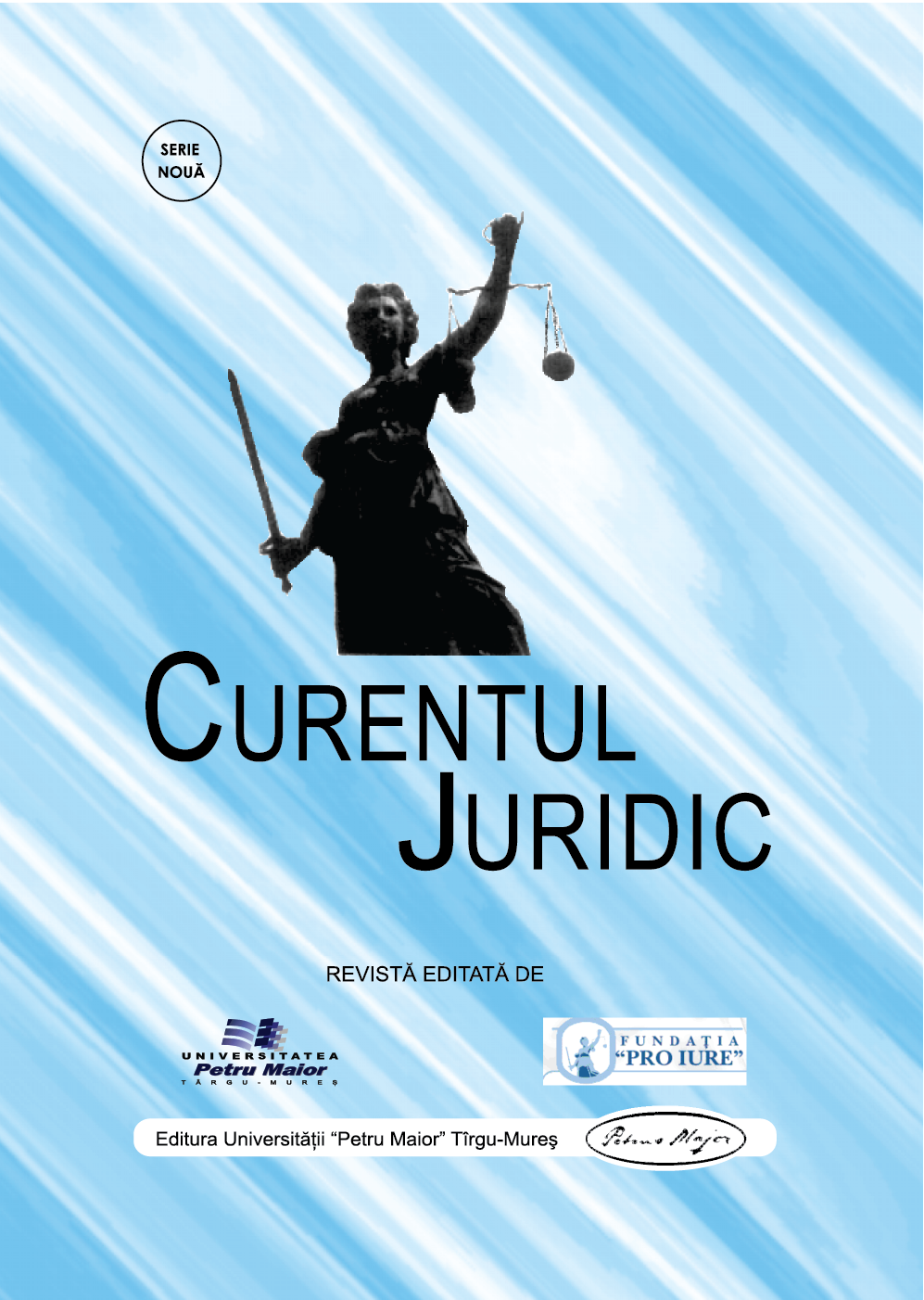THE PATIENT’S HEALTH ELECTRONIC FILE VS. THE RIGHT TO PRIVATE LIFE
THE PATIENT’S HEALTH ELECTRONIC FILE VS. THE RIGHT TO PRIVATE LIFE
Author(s): Cristina Teodora PopSubject(s): Law, Constitution, Jurisprudence, Civil Law
Published by: Editura Universităţii Petru Maior
Keywords: patient’s health electronic file; the right to private life; national electronic system; unconstitutionality; the effectiveness of the infralegal legislation;
Summary/Abstract: Recently, the Constitutional Court of Romania admitted an unconstitutionality exception invoked directly by Ombudsman, through it found that the provisions of art. 30 para. (2) și (3) and the expression “the health electronic file system” in the content of art.280 para. (2) of Law no.95/2006 regarding the reform in the field of health are unconstitutional. In arguing this solution, the Court retained the patient’s health electronic file, regulated by the provisions declared unconstitutional, contains all patient’s private medical data, which are protected by art.26 and art.34 of Constitution and by art.8 of the European Convention on Human Rights. The Court retained that the state has the obligation that, in the situation of regulating, through law, of an electronic system for managing the patients’ medical data, that can be accessed at national level, to grant the confidential character of the medical data, through normative acts of the level of law, and that it is not sufficient that the protection of the medical data to be fulfilled through administrative normative acts which are characterized by high instability and inaccessibility [see also Decision no.17 on 21 January 2015, Decision no.51 on 16 February 2016, and Decision no.61 on 17 February 2017]. But the analyzed legal provisions don’t contain, per se, any legal measure which could be qualified as a guarantee of the right to private life, such that the Court found the infringement of art.26 of Constitution. Also, the Court retained that these guarantees cannot be assured by an administrative normative act, in the circumstances that secondary legislation should be limited at organizing the enforcement of the same guarantees. Consequently, the Court found the infringement of art.1 para. (5) of the Constitution, as well. This is not the first time when the Court underlines the importance of protection of patient’s medical data confidentiality through the constitutional and conventional provisions regarding the right to private life. The Court pronounced also other decisions regarding the same issues and underlined the importance of regulating expressly the conditions in which the medical data can be divulgated during the patient’s life and after his death [see Decision no.1429 on 2 November 2010], actually according to the European Court of Human Rights case-law. Thus, the usage of electronic devices and of certain electronic applications, projected to be used at national level, on the purpose of curing patients with celerity, is allowed only if the private life of the patients is respected.
Journal: Curentul Juridic
- Issue Year: 76/2019
- Issue No: 1
- Page Range: 13-22
- Page Count: 10
- Language: English

